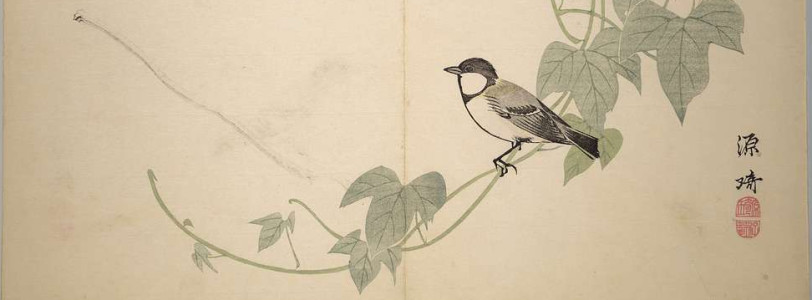What is a haiku?
A haiku is a short form of unrhymed poetry which consists of three lines. The first line contains 5 syllables, the second contains 7 syllables and the last contains 5 syllables. However, whilst the syllable limit is there as a guide, many haiku poets have chosen to vary their line length, still maintaining its characteristic simplicity.
Below is an example of a haiku poem from the famous Japanese poet Matsuo Bashō.
‘On a withered branch
A crow has alighted;
Nightfall in autumn.’
Can I write one?
Yes! Haiku is a highly accessible form of poetry due to its brevity and simple structure. Writing haiku can be a great exercise in directness of expression, with the syllable limit inhibiting over-extended language.
Here are a few prompts to help you get started:
Wildlife outside your window
Tasting a new meal
A positive memory
Or, why not write a haiku on the theme of community and submit it to the 2024 Voice Showcase?
A brief history
Haiku began in Japan during the 13th century and was originally the opening three lines of a much longer form of poetry, the renga, which typically contained a hundred verses. Renga was a collaborative form of poetry written by two or more poets.
Then, in the 16th century, haiku became its own independent form of poetry. Matsuo Bashō is credited with developing and popularising the expressive potential of haiku. Bashō and other poets like Yosa Buson inserted humour into haikus too. Traditional haikus emerging in this period contained ‘kigo’, a word or phrase that described a particular season. These poems focussed on nature and aimed to express the changing seasons.
Haiku spread abroad from Japan in the 19th century. It’s now a popular poetry form across the world where people continue to experiment with its length and characteristics.








0 Comments